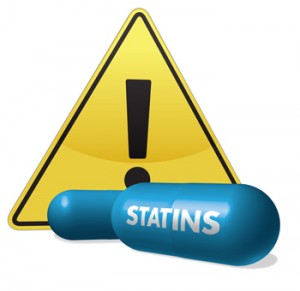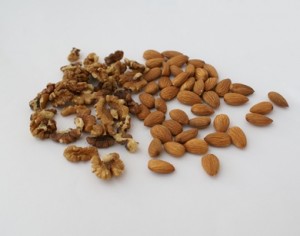CNN had an interview with Dr. Leana Wen about the fact that eating the right food determines your health. Dr. Wen is a wellness expert, an emergency physician and adjunct associate professor at George Washington University.
How much does the quality of food we eat influence our health?
There are detailed studies that showed the following effects of healthy food on our lives.
- If you eat a diet consisting of more vegetables, fruits, whole grains and nuts, the following will happen. You could exceed the age of controls eating unhealthy food by 10 to 13 years.
Specifically, a woman starting such a diet at age 20 would add 10 years to her life, when starting at age 60 she could add 8 years to her life. For men starting this diet at age 20 would allow him to gain 13 years, when starting at age 60 he would add 9 years to his life.
Additional healthy food studies
- A 2023 Nature study found that men can add 10.8 years, women 10.4 years by switching their diets. This switch was from unhealthy diets to a longevity diet with more whole grains. In addition, the healthy diet contained more nuts and fruits and less sugar-sweetened beverages and processed meats.
- Another 2023 study from the Jama network followed over 100,000 people for more than 30 years. There was an association between adopting healthy eating patterns and a reduction in early mortality. People on a healthy diet reduced their risk of early death by 20%! The study also noticed that people who ate more whole grains, fruits, vegetables, nuts and legumes had fewer other diseases. They were less likely to die from cancer, cardiovascular illness and respiratory and neurodegenerative disease. These were important findings.
What kinds of food make you live longer?
Dr. Wen stated clearly that it is only minimally processed, whole food that allows a person to live longer. The highly processed foods like processed meats, sausages, cakes and cookies are a “no go”. They are the ones that cost lives from heart attacks, strokes and cancer. On the other hand, leafy green vegetables, fresh fruits and whole grains associate with significantly reduced mortality. Fish contains omega-3 fatty acids, which reduce heart disease and dementia. It is also a good source of protein. So, stay away from hot dogs and chicken nuggets, instead enjoy salmon fillet or roasted chicken.
Foods that you need less of
Avoid sugar sweetened sodas and energy drinks, as they elevate cholesterol levels and cause heart attacks. Next, stay away from ultra-processed foods like chips and candies. In one study with more than 11,000 participants people who ate a lot of ultra-processed foods had a 31% higher risk of mortality.
With what do you replace junk food?
Here are a couple of examples. Somebody who used to drink a lot of sodas can replace them with water, sparkling water, flavored water or lemon juice, sweetened with stevia. Instead of snacking on ultraprocessed foods like chips, candies or pretzels eat nuts instead. Look at the list of ingredients before you buy anything in the grocery store. If there is a long list of ingredients including chemicals, this is ultraprocessed food. Replace it with minimally processed foods with only a few items on the ingredient list.
Other advice for health and longevity
- If possible, eat three meals a day (breakfast, lunch and dinner). Stop eating 2 hours before bedtime to allow your guts to digest the food you previously ate. This avoids heart burn and interference with your sleep.
- Exercise regularly. Studies showed that 150 minutes of vigorous exercise per week reduced mortality by 23%.
- Take care of stress in your life. Cherish your social life and socialize; it is important for longevity. See your doctor regularly to take care of any medical problems you may have.
- Watch your sleep habits. Many studies have shown that adults need 7 to 8 hours of sleep. Sleep restores your hormone glands, gets them ready for the next day, but it is also important for longevity.
- Keep your body mass index (BMI) between 21.0 and 24.0. Personally, I keep my BMI between 21.0 and 22.0. Any extra pounds of fat merely lead to elevated cholesterol and triglycerides. Eventually this leads to heart attacks and strokes, but also to diabetes.
Conclusion
A recent article in CNN described that eating the right food determines your health. One study said that you should eat a diet consisting of more vegetables, fruits, whole grains and nuts. Doing this increases your life expectation by 10 to 13 years compared to controls who ate unhealthy food. It is only minimally processed, whole food that allows a person to live longer. You must eliminate ultraprocessed food. This means you should not consume sausages, fries, chips, pretzels and other overprocessed foods. Instead, eat leafy green vegetables, fresh fruits and whole grains that associate with significantly reduced mortality. Yes, eating the right food determines your health.









